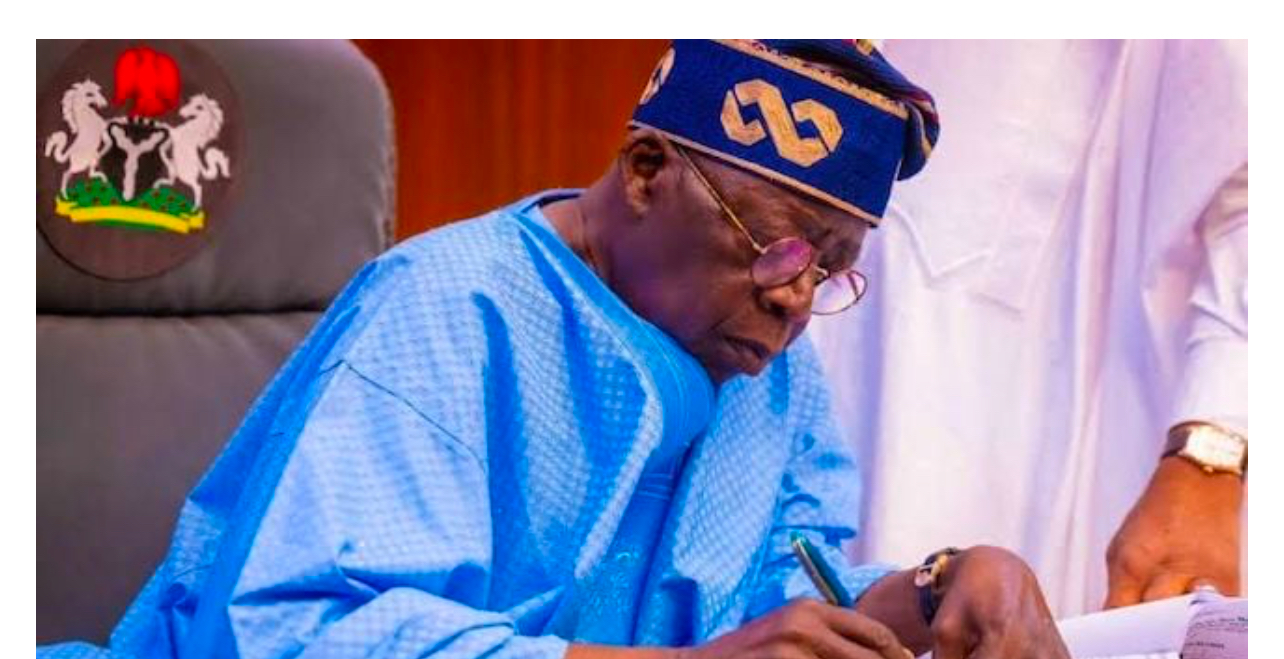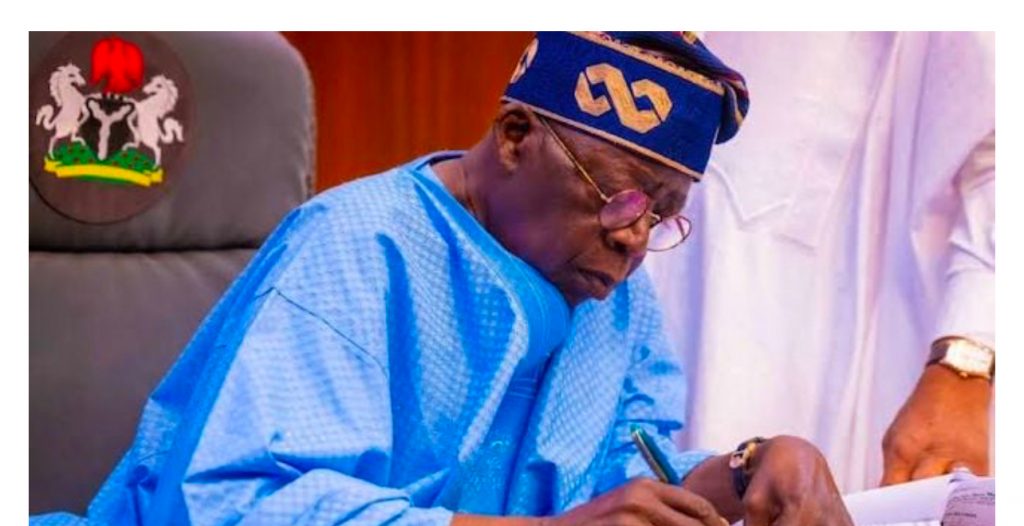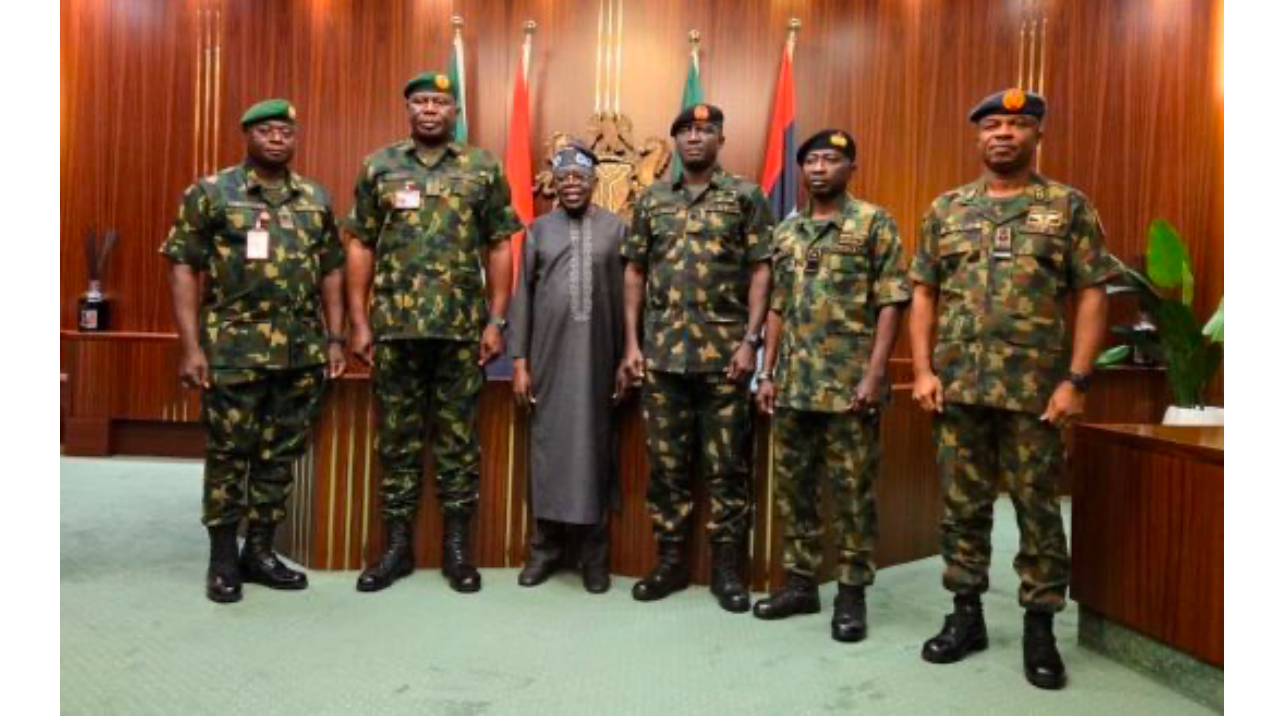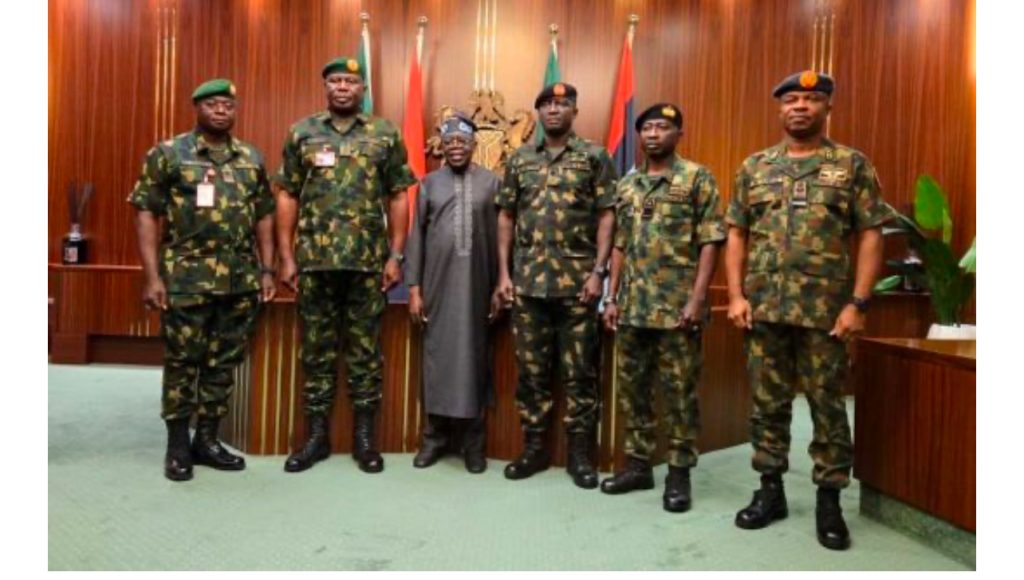It was learnt the development was as a result of the synergy created by the Minister of Communications and Digital Economy, Dr Isa Ibrahim Pantami amongst agencies under the Ministry in the past one year to push the quest for digital economy forward.
A statement from the Minister’s spokesperson, Mrs. Uwa Suleiman, noted Buhari’s approval of the transfer was “to ensure that synergy and effective ministry supervisory mechanism is put in place to coordinate, monitor and track the progress of Federal Government’s digital transformation initiatives.”
She said the approval was based on the President’s consideration for the critical role of NIMC towards the realisation of the objectives of the National Digital Economy Policy and Strategy for a Digital Nigeria (NDEPS).
Explaining the confidence repose in the Minister to supervise NIMC in conjunction with other agencies, Mrs. Suleiman said within his first year in office, Pantami resolved the ICT sector’s decade-long dilemma of Right of Way charges.
“He was also able to secure Mr President’s approval for the provision of security as well as designation of Telecommunications Infrastructure as Critical National Infrastructure, regularization of improperly registered SIM cards and deactivation of unregistered ones, the deployment of over 250 digital projects across the country under his policies and supervision as well as built the capacity of over 36,000 Nigerians,” she asserted.
She recalled NIMC was mandated to create, manage, maintain and operate the National Identity Database established by the NIMC Act, 2007.
Explaining how NIMC would work with other agencies, Mrs. Suleiman said: “the Commission has so far registered around 41 million eligible enrollees for the National Identity Number (NIN), while the Nigerian Communications Commission (NCC) on the other hand has details of over 191 million mobile subscribers.
“Furthermore, the National Information Technology Development Agency has recorded huge successes in the development and implementation of the Nigeria Data Protection Regulation (NDPR), the country’s first codified data protection regulation.
The Agency has also reached an advanced stage on the implementation of the National Public Key Infrastructure (NPKI). Galaxy Backbone Limited (GBB) also provides services to Government Agencies – Infrastructure-as-a-Service, Platform-as-a-Service and Software-as-a-Service.
“The need therefore for NIMC, NCC, NITDA and GBB to work closely together under the supervision of one Ministry towards harnessing what has already been achieved cannot be overemphasised.”

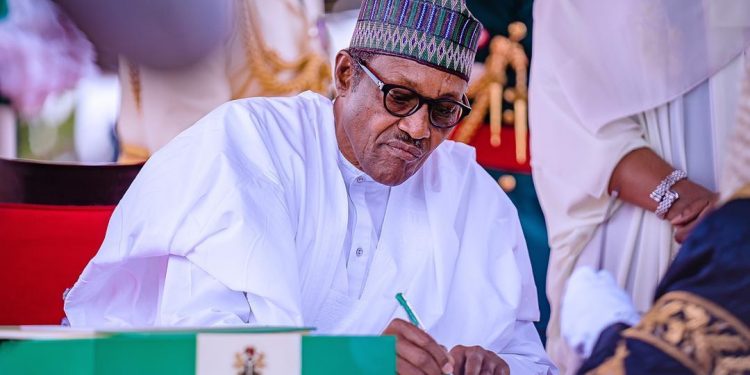

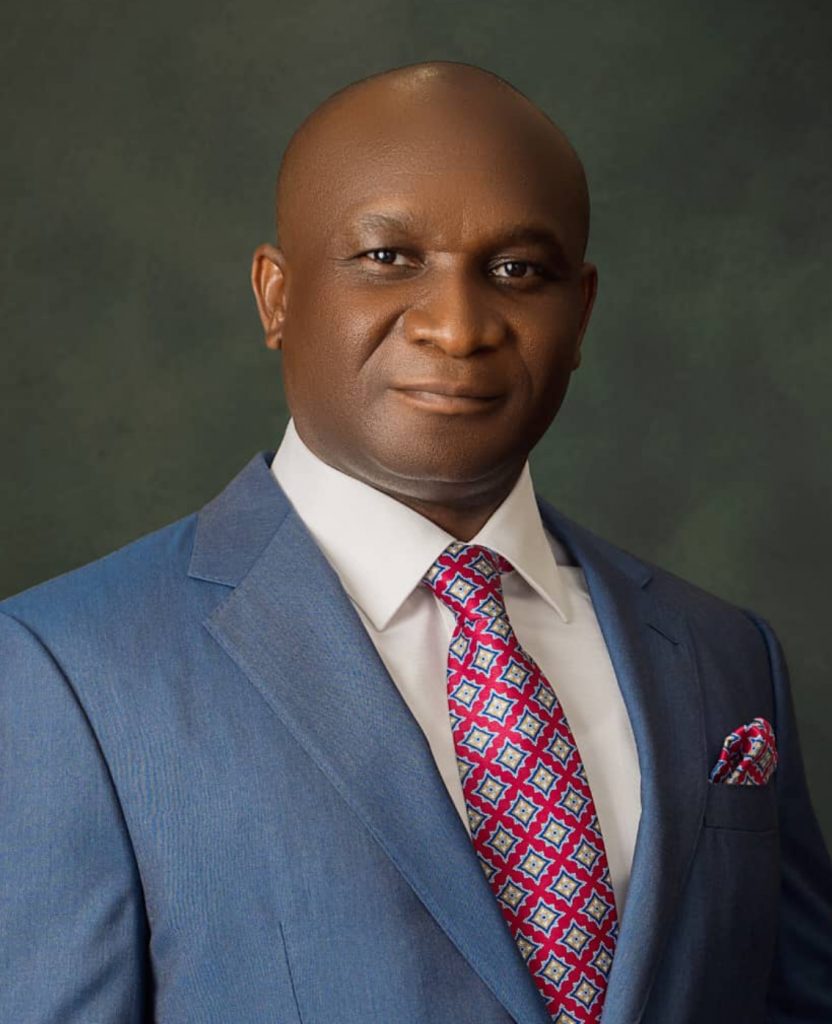 The Niger Delta Development Commission, NDDC, is hosting a two-day strategic meeting with commissioners, permanent secretaries, and directors of agriculture, fisheries & livestock in the nine Niger Delta states.
The Niger Delta Development Commission, NDDC, is hosting a two-day strategic meeting with commissioners, permanent secretaries, and directors of agriculture, fisheries & livestock in the nine Niger Delta states.